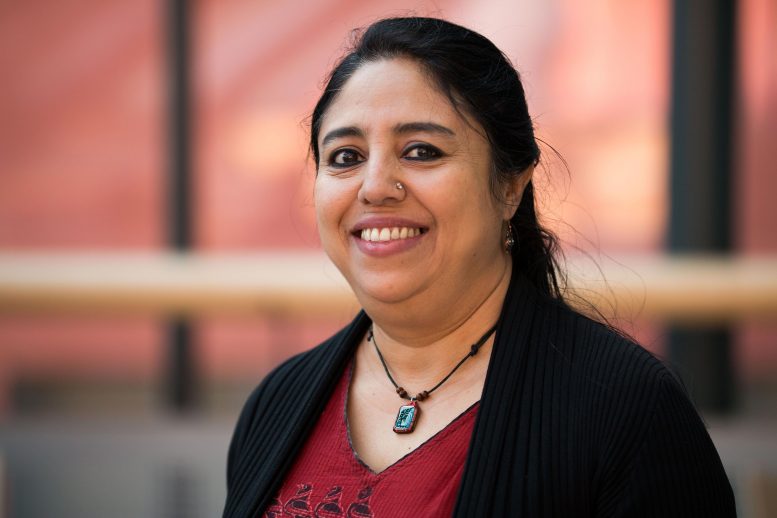
A investigation group functioning at Uppsala College has succeeded in studying ‘translation factors’ – critical factors of a cell’s protein synthesis equipment – that are various billion several years old. By researching these historical ‘resurrected’ factors, the scientists ended up equipped to set up that they had much broader specificities than their current-day, more specialised counterparts.
In purchase to endure and grow, all cells incorporate an in-dwelling protein synthesis manufacturing facility. This is made up of ribosomes and linked translation variables that work with each other to ensure that the sophisticated protein manufacturing process operates efficiently. When just about all parts of the contemporary translational machinery are nicely acknowledged, right up until now experts did not know how the approach progressed.
The new analyze, posted in the journal Molecular Biology and Evolution, took the exploration group led by Professor Suparna Sanyal of the Section of Mobile and Molecular Biology on an epic journey back again into the earlier. A beforehand released review made use of a specific algorithm to forecast DNA sequences of ancestors of an crucial translation aspect known as elongation factor thermo-unstable, or EF-Tu, going again billions of a long time. The Uppsala investigate group used these DNA sequences to resurrect the ancient bacterial EF-Tu proteins and then to study their houses.
The scientists seemed at several nodes in the evolutionary record of EF-Tu. The oldest proteins they created have been around 3.3 billion many years previous.

Suparna Sanyal is a Professor at the Department of Mobile and Molecular Biology, Uppsala University. Credit history: David Naylor
“It was incredible to see that the ancestral EF-Tu proteins matched the geological temperatures prevailing on Earth in their corresponding time intervals. It was significantly warmer 3 billion several years in the past and those people proteins functioned nicely at 70°C, when 300 million-yr-aged proteins were being only able to endure 50°C,” says Suparna Sanyal.
The researchers were capable to display that the ancient elongation things are suitable with various styles of ribosome and thus can be classified as ‘generalists’, while their modern-day descendants have advanced to fulfil ‘specialist’ features. Although this helps make them a lot more efficient, they demand particular ribosomes in buy to function properly. The outcomes also propose that ribosomes almost certainly progressed their RNA core ahead of the other related translation variables.
“The actuality that we now know how protein synthesis developed up to this level can make it doable for us to product the potential. If the translation equipment factors have by now advanced to such a stage of specialization, what will transpire in potential, for illustration, in the scenario of new mutations?” ponders Suparna Sanyal.
The reality that researchers have shown that it is possible to recreate these kinds of ancient proteins, and that very outdated translation aspects function perfectly with many unique types of ribosome, suggests that the procedure is of prospective interest for protein prescribed drugs investigation. If it turns out that other historic parts of protein synthesis have been also generalists, it could possibly be feasible to use these historical variants to create therapeutic proteins in long term with non-pure or artificial parts.
Reference: “Kinetic Analysis Implies Evolution of Ribosome Specificity in Modern day Elongation Factor-Tus from ‘Generalist’ Ancestors” by Arindam De Tarafder, Narayan Prasad Parajuli, Soneya Majumdar, Betül Kaçar and Suparna Sanyal, 19 April 2021, Molecular Biology and Evolution.
DOI: 10.1093/molbev/msab114

